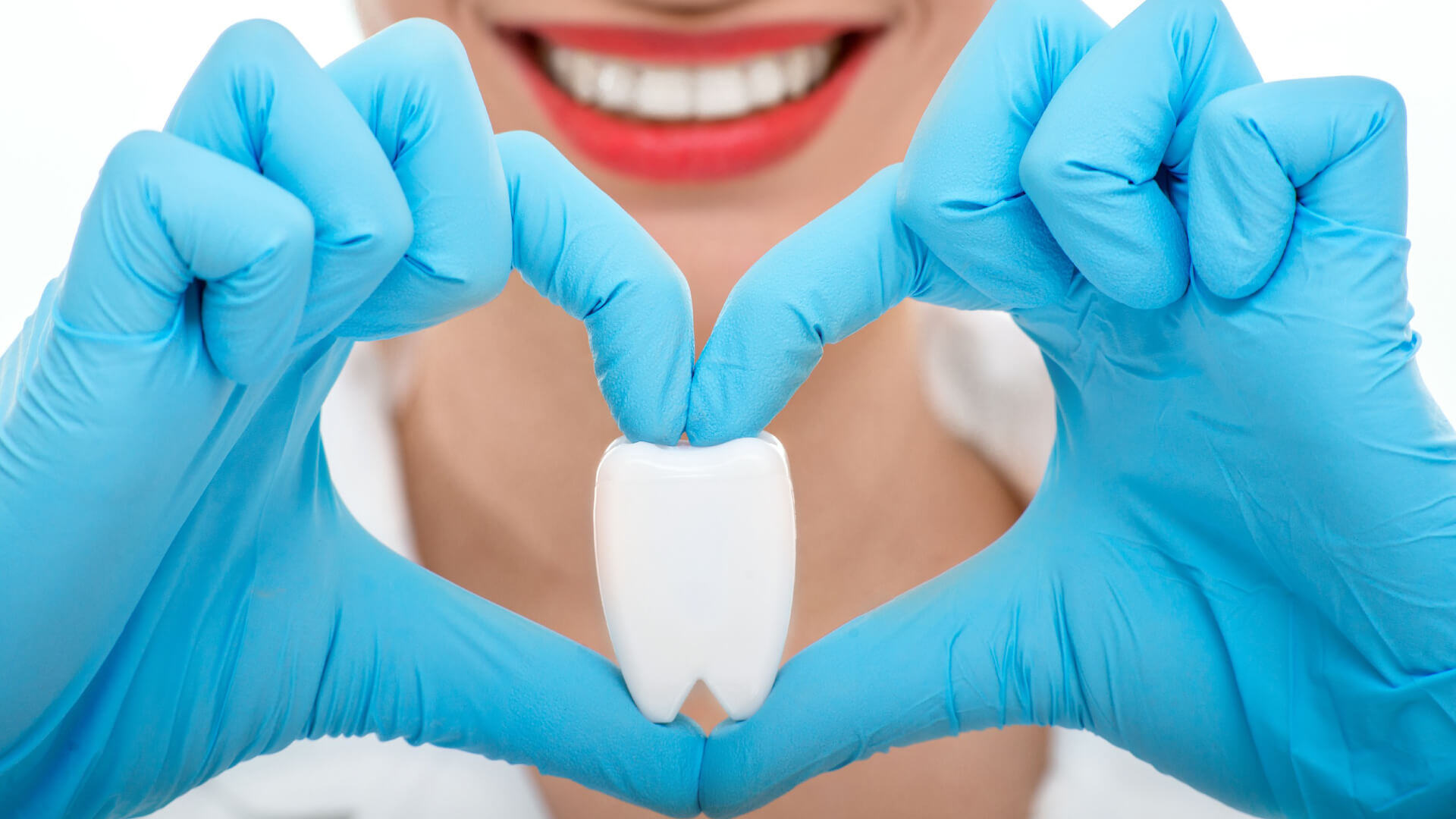Why Oral Health is Essential for Overall Health

Summarize with AI
Most people know that good oral hygiene plays an important role in protecting their oral health. Nevertheless, brushing and flossing can also help determine your risk for other serious health problems. Here’s how your oral health affects other parts of your body.
What is the Whole-Body Connection?
According to the American Dental Association, researchers have found evidence that inflammation and bacteria from periodontitis can play a role in some systemic diseases and conditions that plague the entire body, including cardiovascular and heart disease, diabetes, pregnancy and birth complications, and pneumonia. While more research is needed to better understand the link between oral health and life-threatening diseases, there is a significant connection between proper oral hygiene and good overall health.
Why Poor Dental Health is a Widespread Health Problem
Unfortunately, poor dental health is an all-too-common problem. Experts report that periodontal disease is the sixth most common chronic condition on the planet, impacting nearly 750 million people. In the United States alone, nearly half the population suffers from some form of gum disease. Therefore, 2.5 times more Americans have periodontitis than diabetes.
How To Protect Your Overall Health with Dental Hygiene
To protect your overall health, reduce your risk of tooth loss and gum disease, and maintain a healthy mouth, start by practicing good oral hygiene every day:
- Brush your teeth twice daily with a soft-bristled toothbrush
- Use a toothpaste containing fluoride
- Floss once a day
- Use mouthwash after brushing and flossing to remove remaining food particles
- Replace your toothbrush every 3 months
- Eat a healthy diet and stay away from sugary foods or beverages
- Quit smoking and avoid tobacco products
- Maintain regular checkups with your dentist to help identify minor problems before they turn into serious issues
Many people are surprised to learn that gum disease can develop without obvious symptoms. As the disease progresses, you may notice bleeding, redness, swelling, pain, and bad breath. If you notice these symptoms, you will likely require ongoing treatment to prevent your case from worsening. Since symptoms often go unnoticed, it is important to schedule regular check-ups with your dentist and hygienist. If your dentist identifies a potential problem, he or she can recommend treatments that will keep the damage from spreading. In addition to saving you from potential pain and tooth loss, early intervention can help lower your risk of developing long-term health problems.
Learn more about how stress can affect your oral health here.

.png)
